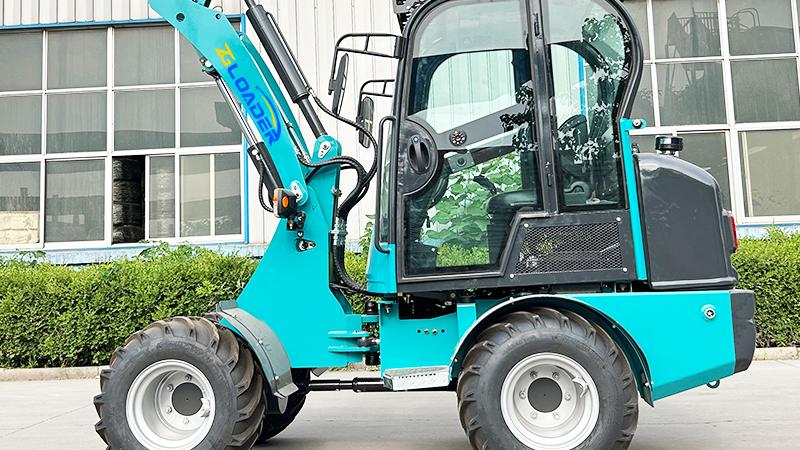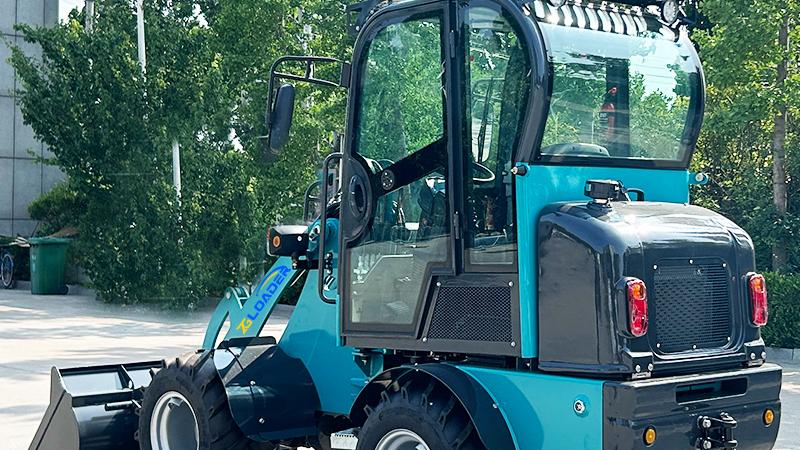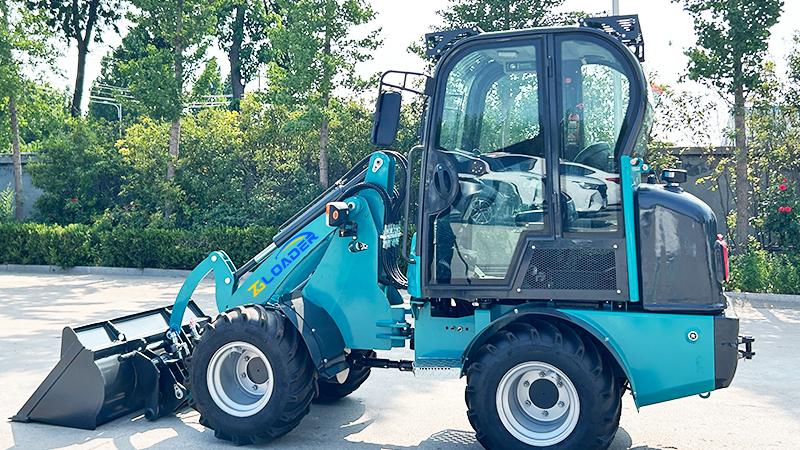The European construction and industrial sectors demand exceptionally high standards of performance, efficiency, and reliability from their heavy machinery. When it comes to wheel loaders, which are pivotal for everything from quarrying and mining to logistics and waste management, the question of reliability is paramount. For fleet managers and business owners, reliability transcends mere anecdotal evidence of a machine's toughness; it is a multifaceted metric encompassing engineering quality, mechanical durability, the frequency and cost of unscheduled downtime, parts availability, and the strength of the manufacturer's dealer and service network across the diverse European landscape. A reliable wheel loader is not just one that rarely breaks down; it is a machine that maintains high productivity levels over thousands of operating hours, offers predictable maintenance costs, and is supported by a responsive and knowledgeable service infrastructure that can get it back to work with minimal delay should an issue arise. The European market, with its stringent emissions regulations (notably the Stage V standards), varied climatic conditions from the frozen north to the Mediterranean south, and intense economic pressures, serves as a rigorous proving ground for brands. This analysis delves into the brands that have consistently demonstrated a commitment to these principles of reliability, earning the trust of operators and managers from Spain to Scandinavia.
Establishing the top tier of reliability in the European wheel loader market inevitably leads to the longstanding dominance of a few key global players, namely Volvo CE, Caterpillar, and Liebherr. These brands have built their reputations over decades through continuous innovation, immense investment in research and development, and a deep understanding of the demanding applications their machines face. Volvo Construction Equipment, a Swedish powerhouse, is frequently lauded for its exceptional operator comfort and advanced hydraulics systems, which not only boost productivity but also reduce operator fatigue—a key factor in preventing misuse and accidental damage. Their machines are engineered for durability, with robust frames and components designed to withstand punishing cycles. Caterpillar, or Cat, is synonymous with bulldog toughness and a global parts and service network that is second to none. For a European business operating in multiple countries, the assurance that genuine Cat parts and certified technicians are readily available provides immense peace of mind and directly contributes to higher machine availability. Liebherr, a German-Swiss manufacturer, is revered for its engineering excellence and vertical integration, manufacturing its own engines and major components. This allows for unparalleled quality control and machines that are perfectly harmonized from the ground up, resulting in legendary longevity and resale value, particularly in the mining and heavy-duty sectors.
Beyond the established giants, several other brands command significant respect and market share in Europe for their reliable offerings. Komatsu, the Japanese titan, brings its renowned reputation for efficiency and reliability to the European market. Their wheel loaders often feature advanced technologies like the KOMTRAX telematics system, which allows for proactive maintenance and remote monitoring, preventing small issues from escalating into major downtime. Doosan, now rebranded as Doosan Bobcat following its acquisition, has made tremendous strides in quality and reliability over the past decade. Offering a compelling value proposition without compromising on durability, Doosan loaders are increasingly common on European sites, praised for their simplicity, robust construction, and strong dealer support. Similarly, Hyundai Construction Equipment has invested heavily in improving the design and durability of its wheel loaders, featuring powerful powertrains and ergonomic cabins that appeal to a cost-conscious yet quality-demanding European clientele. These brands successfully compete by offering reliability that often matches the top tier at a more accessible initial investment, making them attractive options for small to medium-sized enterprises.
Ultimately, defining the "most reliable" brand is not an absolute verdict but a matter of finding the right fit for a specific operation's needs, budget, and location. A brand's reliability in Scandinavia might be influenced by its performance in cold weather and the density of its service network there, which could differ from its presence in Eastern Europe. The final choice often boils down to Total Cost of Ownership (TCO)—a calculation that includes not just the purchase price, but fuel consumption, maintenance costs, repair history, and resale value. The most reliable brands consistently demonstrate a low TCO over the machine's lifespan. Furthermore, the manufacturer's commitment to supporting the latest emissions technology with reliable engine platforms is crucial in Europe. Brands that have managed to integrate Stage V engines without compromising performance or introducing new failure points have strengthened their reputation. In conclusion, while Volvo, Caterpillar, and Liebherr set the benchmark for reliability in the European wheel loader market, brands like Komatsu, Doosan, and Hyundai present formidable and reliable alternatives. The most reliable wheel loader is the one that is perfectly matched to its task, supported by a strong local dealer, and operated and maintained according to the highest standards, ensuring it remains a productive and profitable asset for years to come.Post time:Sep.16.2025



